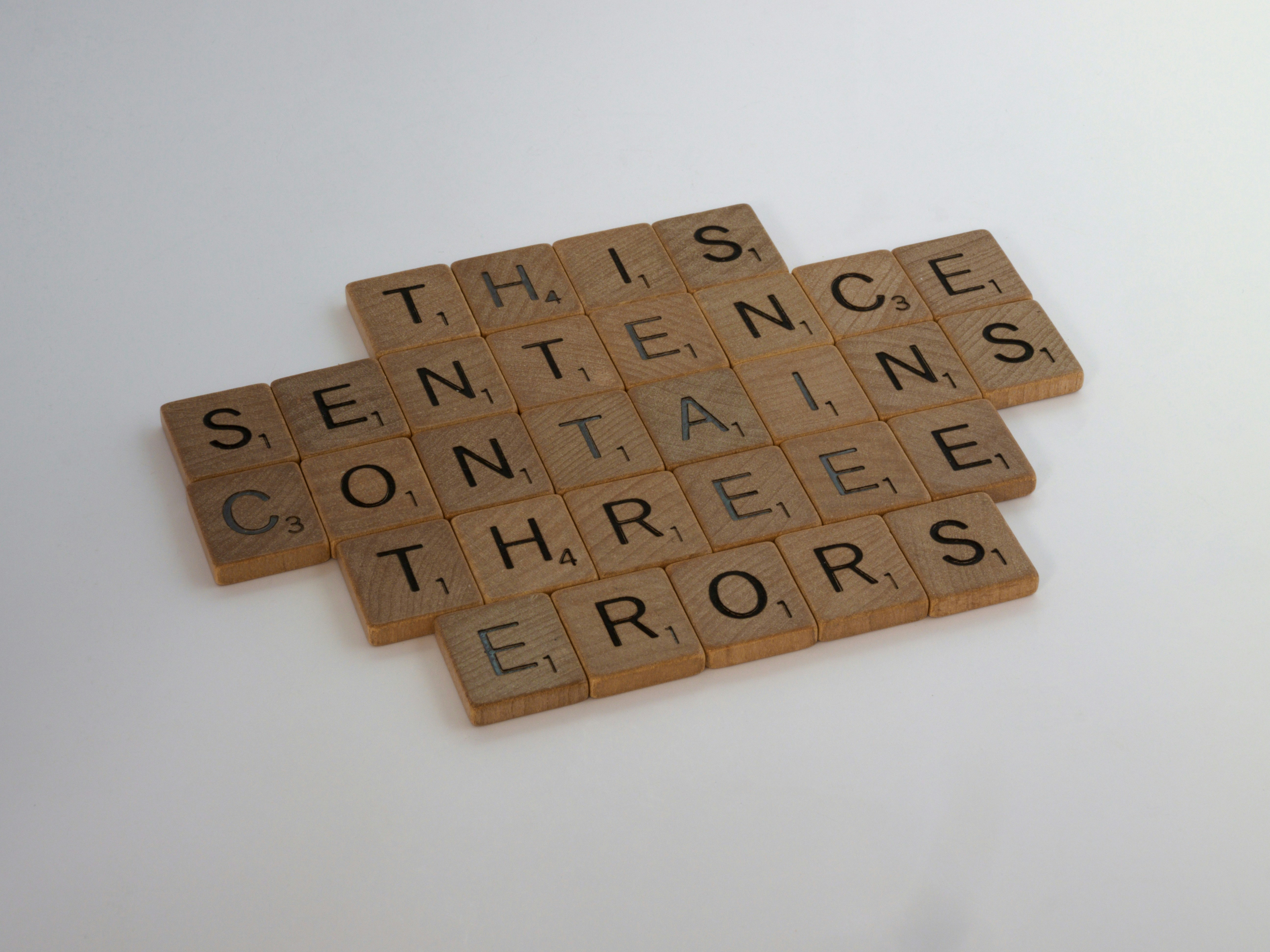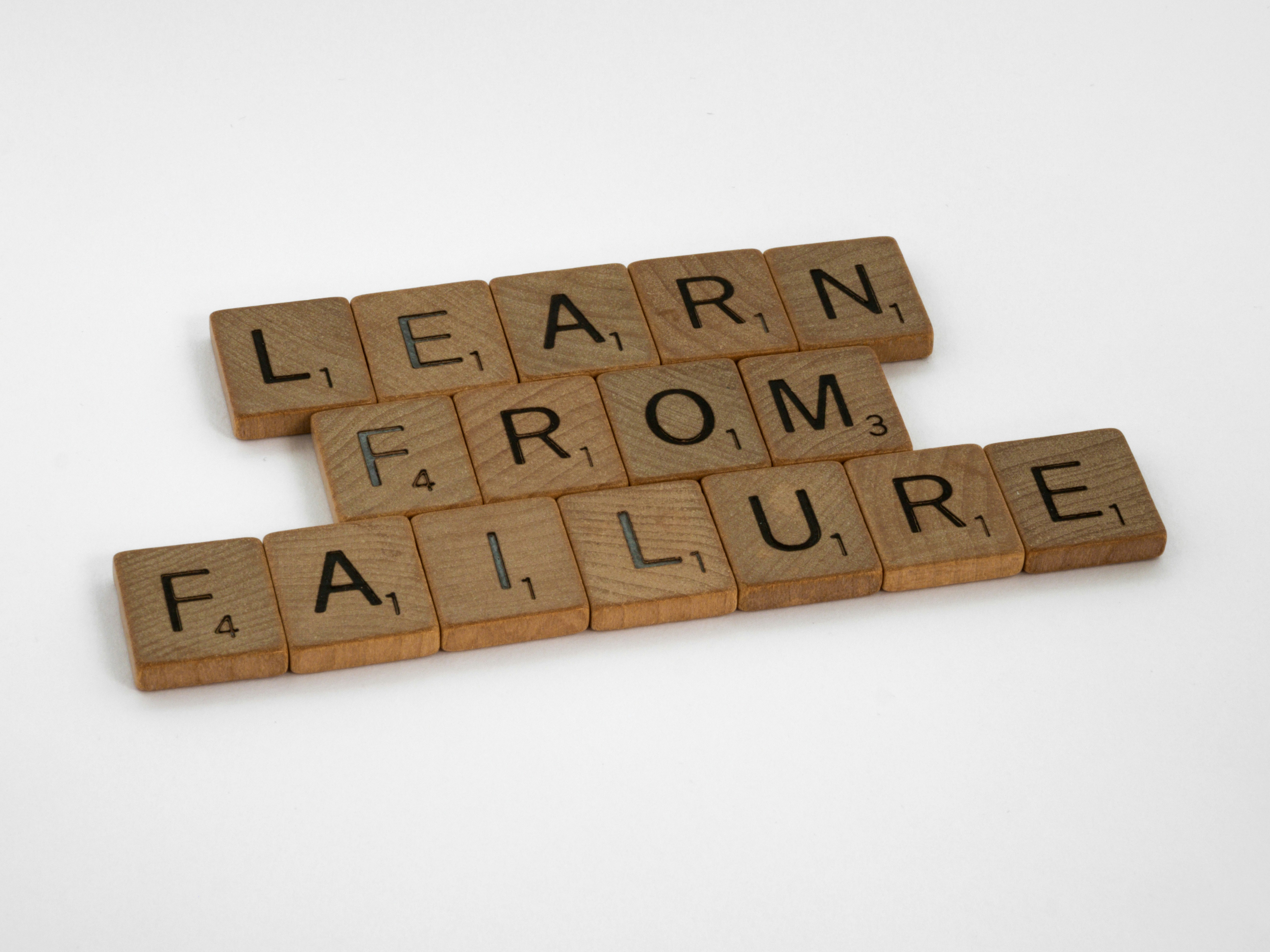
Common Mistakes English Learners Make and How to Fix Them
April 22, 2025
How to Start a Conversation in English Even If You’re Shy
April 24, 2025The Nature of Mistakes in Language Acquisition
Mistakes are an intrinsic aspect of the language acquisition process, serving as critical indicators of the learner’s progression. Linguistic theories, notably those proposed by Stephen Krashen and Noam Chomsky, emphasize that errors provide valuable insights into a learner’s evolving grasp of a new language. This perspective posits that mistakes should not be stigmatized but rather embraced as fundamental stepping stones toward mastery.
In the initial stages of language learning, commonly referred to as the pre-production phase, learners often experience a silent period where they absorb the language without actively using it. During this time, mistakes might be minimal or non-existent, yet they are silently forming a foundation of comprehension. As learners transition into the early production phase, they begin to experiment with language and, inevitably, make errors; these mistakes are vital in helping them to navigate their budding vocabulary and grasp grammatical structures.
As learners progress to the speech emergence stage, they gain confidence and are more likely to make frequent mistakes. This phase is characterized by a tendency to use incorrect tenses or misplaced vocabulary, but such errors are a natural part of developing fluency. Furthermore, making errors at this stage is not a setback; instead, it represents an active engagement with the language and a willingness to communicate despite uncertainties. This experimentation fosters greater language proficiency and helps in reinforcing correct usage.
In more advanced stages, such as the intermediate and advanced production phases, learners may still make occasional errors, yet these become less frequent and less severe. Thus, each mistake made along the way reflects a step toward greater understanding and proficiency. Ultimately, recognizing and learning from errors cultivates resilience in language learners, underscoring the notion that mistakes are powerful catalysts for personal and linguistic growth.
Learning from Mistakes: Strategies for Growth
In the journey of learning English, mistakes are not merely obstacles, but indispensable stepping stones toward mastery. By adopting effective strategies, learners can transform these errors into invaluable learning opportunities that foster growth. One of the most impactful techniques involves self-reflection. After encountering a mistake, take a moment to analyze what went wrong. Consider the context of the error, the specific language rule that was overlooked, and how the mistake can be corrected. This reflective practice not only enhances understanding but also encourages a proactive approach in future language use.
Peer feedback is another crucial strategy for facilitating growth in language learning. Engaging with fellow learners allows for the exchange of insights and perspectives on errors. By discussing mistakes within a supportive community, learners can gain diverse viewpoints and constructive criticism, which can clarify misunderstandings and reinforce correct usage. This collaborative environment nurtures a sense of shared learning, where mistakes are perceived as collective experiences rather than personal failures.
Furthermore, employing error analysis can significantly enhance language acquisition. This involves systematically categorizing mistakes to identify patterns, thereby making it easier to address recurring issues. By understanding the types of mistakes most frequently made—be it grammatical, vocabulary-related, or pronunciation errors—learners can focus their study efforts on specific areas needing improvement. Keeping a language journal dedicated to documenting these mistakes and tracking progress over time not only boosts confidence but also reinforces a growth mindset.
Ultimately, viewing mistakes as essential feedback is vital in cultivating resilience. Embracing errors fosters a positive attitude towards learning, emphasizing that each misstep presents an opportunity for improvement. By integrating self-reflection, peer feedback, and error analysis into the learning process, English learners can significantly enhance their skills and foster enduring growth in their language journey.

Mistakes as Confidence Builders
Language learning often entails navigating through numerous challenges, one of the most significant being the fear of making mistakes. This trepidation can serve as a considerable barrier that hinders progress and diminishes confidence. However, embracing errors can radically shift one’s perspective, allowing learners to recognize that mistakes are not merely setbacks, but valuable learning experiences. By viewing errors as natural components of the language acquisition process, students can cultivate resilience and improve their overall proficiency in English.
Research indicates that when learners confront their errors in a supportive environment, they often experience a boost in self-esteem. This is primarily due to the realization that making mistakes is a universal part of mastering any new skill. By sharing their struggles, students often find camaraderie with peers who face similar challenges. For instance, many successful English learners recall pivotal moments where confronting their mistakes led to breakthroughs in their communication abilities. One such individual, Maria, an international student, reflects on her first public speaking experience in English. Initially paralyzed by the prospect of making errors, she found solace in an encouraging group of friends who also stumbled over language nuances. Together, they not only shared their mistakes but also celebrated their successes, which significantly bolstered their confidence.
Additionally, testimonials from seasoned educators reinforce the notion that mistakes can serve as powerful confidence builders. Teachers who promote a culture of error acceptance create safe spaces where learners can actively engage with language without the anxiety of being judged. Through regular practice and interaction, students gradually learn to embrace their imperfections, allowing them to step outside their comfort zones and pursue opportunities for real-world language use. This transformative journey underscores the importance of acknowledging mistakes as essential stepping stones rather than obstacles, leading to greater confidence and success in English learning.
Creating a Supportive Learning Environment
The journey of learning English can be fraught with challenges, primarily due to the inherent complexities of language acquisition, including grammar, vocabulary, pronunciation, and cultural nuances. However, one critical aspect that significantly influences this learning process is the environment in which it takes place. A supportive learning environment plays a vital role in encouraging learners to embrace their mistakes as crucial steps in their language journey. This supportive framework must be shaped by teachers, tutors, and peers who believe in the power of errors as invaluable learning opportunities.
To cultivate a nurturing atmosphere, educators can begin by offering constructive feedback. This type of feedback focuses not only on the errors but also on the potential for improvement and growth. For instance, instead of pointing out mistakes without further guidance, teachers can provide suggestions that help learners understand how to correct and avoid similar mistakes in the future. This approach not only helps students learn but also motivates them to take risks in their language use, ultimately leading to greater fluency.
Another effective practice in promoting a supportive environment is celebrating efforts rather than merely outcomes. Recognizing a student’s attempts to communicate, regardless of correctness, fosters a sense of accomplishment and encourages further experimentation with the language. This celebration can take the form of verbal praise, certificates, or even small rewards, reinforcing the idea that mistakes are part of the learning process.
Conclusion
Lastly, promoting a non-judgmental atmosphere is essential. Learners need to feel safe in expressing themselves without fear of ridicule or negative consequences. Establishing ground rules that prioritize respect and understanding among peers lays the groundwork for constructive dialogue and support, allowing students to openly share their struggles and triumphs in English learning. By framing mistakes positively, we create an environment where learners are empowered to engage, learn, and grow.
Read Our Latest Blog
How to Practice English Speaking with Friends and Family
Phone Number: +91-7488456170
Email ID: abhishek@eepl.me
Our Platforms:
Digilearn Cloud
EEPL Test
Live Emancipation
Follow Us on Social Media:
Instagram – EEPL Classroom
Facebook – EEPL Classroom
Stay connected and keep learning with EEPL Classroom !
